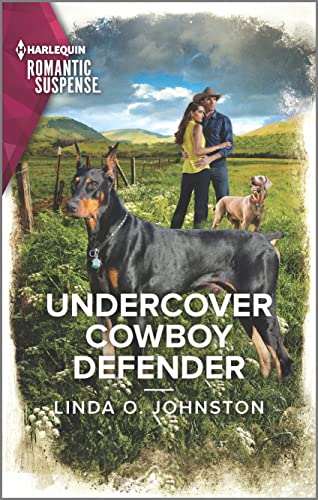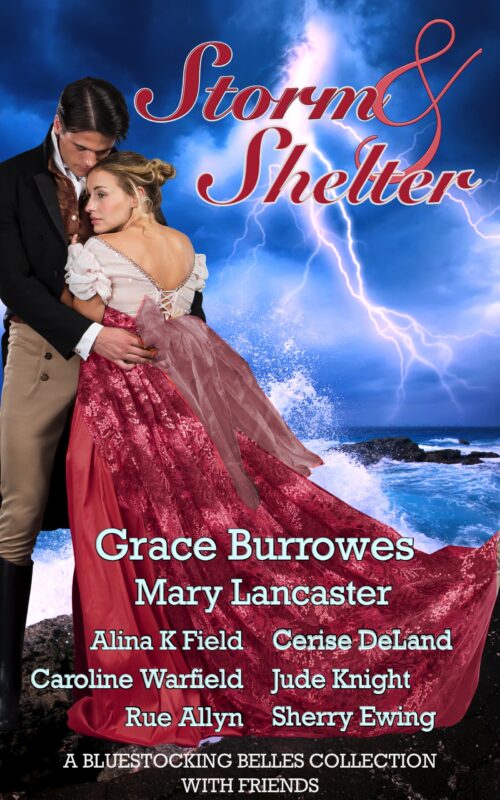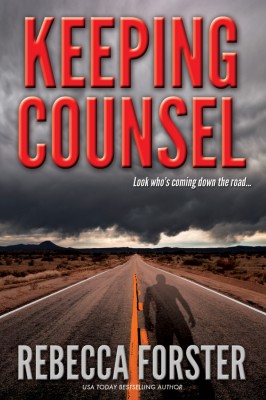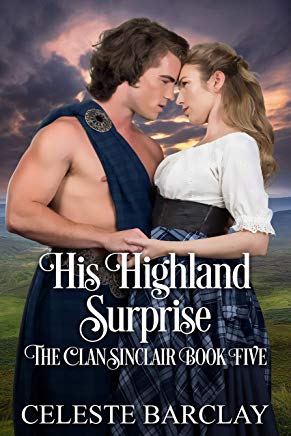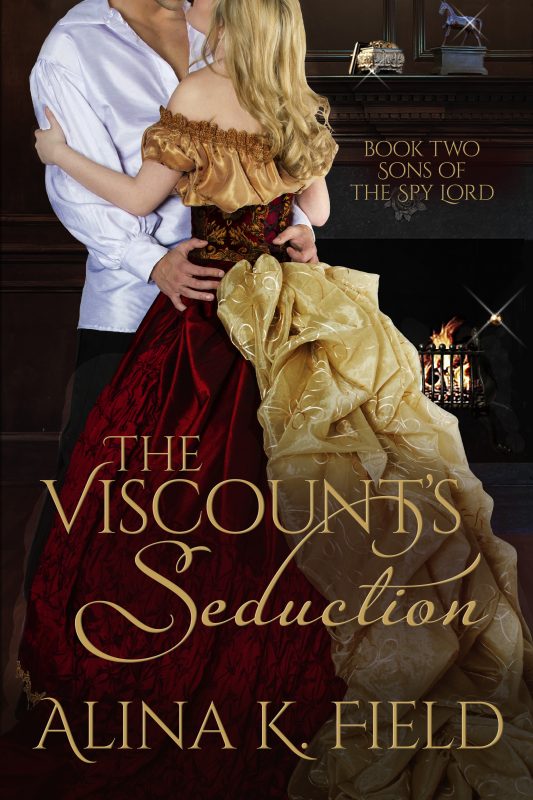From Our Archives: First Drafts
July 19, 2019 by Jenny Jensen in category On writing . . . by Jenny Jensen tagged as editing, Editors, first drafts, Quotes
Jenny Jensen is deep into a manuscript and unable to come up for air. We’re helping her out by posting one of her articles from our archives. Hope you enjoy it.
 Drafts
Drafts
I love quotes. I collect them, especially quotes about writing from writers I particularly respect. Since I work with writers of all levels from beginners to veterans, I find that sometimes the perfect quote from an established writer is exactly what I need to reinforce a point – so I use my collection well.
I just took on a new client who sent an outline for her first novel. The outline included a précis of the plot, quick character sketches, a few narrative bits on action scenes and several options for an ending. Buried in these concepts were the seeds of a very fresh new voice. I’m excited; it’s the kind of challenge I relish. It’s the perfect opportunity to ask the right questions, provide possibilities and help guide the story to a solid structure – all of which greases the writer’s creative wheels – the give and take nudging them to the path they want for their story.
Shitty First Drafts
The problem was the writer didn’t want to write a draft; she wanted to work with me to get the story full blown in her head then sit down at the keyboard and spit out a finished novel. Oh dear. I imagine there are writers who can do that but they’re as rare as the ivory-billed woodpecker. As Anne Lamott put it in her essay, Shitty First Drafts: “I know some very great writers, writers you love who write beautifully and have made a great deal of money, and not one of them sits down routinely feeling wildly enthusiastic and confident. Not one of them writes elegant first drafts. All right, one of them does, but we do not like her very much.”
“The first draft is just you telling yourself the story.” (TY Terry Pratchett.)
All first drafts suck. It’s a universal law. But it’s where you have to start. “The first draft is just you telling yourself the story.” (TY Terry Pratchett.) So give yourself permission to just spill it, write the most vapid dialog ever if that’s what comes out. It’s OK – it’s a draft. Just get the story out. If you find yourself using more adjectives than Danielle Steele and Judith Krantz combined then this is the place to do it. It’s a draft -no one will ever see it (except me but that’s all right ‘cuz I’ll never tell). Stewart Stafford hit the bull’s eye, “It’s okay to write a cliché in a first draft; it sets a marker that you can get far, far away from in the rewrites.”
The Rewrites
That’s what a draft is for – the rewrites. Here’s where the painful process of filling the blank page becomes fun. You see the flaws and get to slash and revise, hear the perfect dialog over the noise of what you drafted, maybe see a new direction in the wreckage. I’ve encouraged my client to write a first draft. I’ll happily work with her from that, but I bet she goes over it first – who could resist? Draft one or draft two, I don’t care. I can’t wait to see it.
Jenny
0 0 Read more
Dear Extra Squeeze Team, How Do I Know When to Stop Writing?
March 31, 2018 by The Extra Squeeze in category The Extra Squeeze by The Extra Squeeze Team tagged as editing, first drafts, writing
Dear Extra Squeeze Team, How Do I Know When to Stop Writing?

Rebecca Forster
USA Today Bestselling author of 35 books, including the Witness series and the new Finn O’Brien series.
This is an interesting question because it implies that the problem is with the end of a book. If that is the case, then I have never had a problem knowing when to stop writing. Before I begin I know the end. I even know the last sentence I want to type. But when it comes to overwriting, there’s more to the story (okay, pun intended)
In the thirty plus years I have been a working novelist I still overwrite the middle of the manuscript. I intrude on my own work with asides, philosophy, research information, angst and whatever else comes into my mind in the throes of creation.
Thanks to a wise editor (our own Jenny Jensen) I have learned to recognize this problem and deal with it as follows:
1) Don’t worry about it during the first draft.
2) On your first self-edit identify and cut what you believe to be extraneous information and place this in a file in case you wish to reinsert it later.
3) Read again. Keep cutting or reinsert information with an objective eye.
4) Send to your editor who – intimately knowing the author’s propensity to overwrite the middle – will identify anything that slows the story, creates questions or bores the reader.
Overwriting is not just a function of the end of the book but of the book itself. A story always has a beginning, middle and a resolution. Do not start writing before you know what that resolution is because it gives you a point on your literary horizon. That is where you must stop. The problem for me is that getting to that point is sometimes messy. Instead of writing that straight line from A-B, I zig-zag and overwrite.
P.S. In the years since I adopted the cut and save file I have never once gone back and used anything, but it sure makes me feel better to know it exists.
[tweetshare tweet=”Dear Extra Squeeze Team, How Do I Know When to Stop Writing?” username=”A_Slice of Orange”]

Jenny Jensen
Developmental editor who has worked for twenty plus years with new and established authors of both fiction and non-fiction, traditional and indie.
When the story is told. The rest is editing.
The goal is to tell the story that lives in your head. Keep writing until you get it all out and down on paper (or pixels). Length doesn’t matter at this point; it’s the story that counts. Once you type ‘The End’ and find yourself with 40,000 words you may have a novella. If the tally is between 80 and 90,000 it meets the average length for a novel in most genres. When the word count tips to 120,000 + you may have an epic (Sci Fi and Fantasy are often longer) or the need to lose 20 – 40,000 words. You’re now at the stage of the brutal self-edit.
There are no rules for how long a novel should be, but readers do have some expectations. Given those expectations of length the choice is yours as to which literary format you want. Regardless of bulk all successful fiction shares one characteristic: good structure with clean flow. A successful novel has a beginning where the characters and the problems are introduced, a middle where the characters evolve and the problems are dealt with, and an end with confrontation and resolution. That path is smooth and enjoyable for the reader because the flow is good – it carries the reader along seamlessly.
Overwriting is usually the cause of a too long word count and the cause of disjointed story flow. It’s all right – we all do it. You had to get it all down on the page. Now it’s time for some honest self-editing.
Dialog tags are a common cause of overwriting.
“Don’t,” she said with a fierce glint flashing in her eyes. Eleven words that flow so much better as three: “Don’t,” she hissed.
Too many words dampen the impact.
Do you have descriptive passages meant for mood and setting that are so elaborate they distract from the action? Cut, tighten and move the story along. Do you find you’ve written back-stories and sidebars meant to enlarge on character or setting but are actually an unnecessary detour? If you’ve got your heroine on a dark country road when her tire blows and then she falls into memories of a frightening slumber party from her past you’ve broken the flow of the tension for something that doesn’t add to the story. Delete it. (Oh I know, it’s hard to kill your children but you can always copy it into a file marked for future use.)
Read your work with an editor’s eyes. Every word, every scene must help carry the story along; it must add to the plot, build the tension, build on a character. Make certain your words all carry the necessary function for the story to flow so smoothly that the reader can’t look away. If you don’t get an editor, get a strong beta reader to help you peel away the extraneous dross. Once that’s been done correctly, what you have is the best your story can be.
Robin Blakely
PR/Business Development coach for writers and artists; CEO, Creative Center of America; member, Forbes Coaches Council.

When to stop writing—is that just when completing one book or…forever?!
With one book, I don’t think it’s a problem for most writers because they tend to construct their books out of order, and the end is often completed long before the middle. For me it is, anyway! From there, it is just a case of connecting the dots and making sure there aren’t any incomplete subplots or character resolutions. If your book is overshooting 300,000 words and you’re not writing epic fantasy, however, then it’s probably time to stop!
Ever wonder what industry professionals think about the issues that can really impact our careers? Each month The Extra Squeeze features a fresh topic related to books and publishing.
Amazon mover and shaker Rebecca Forster and her handpicked team of book professionals offer frank responses from the POV of each of their specialties — Writing, Editing, PR/Biz Development, and Cover Design.
Do you have a writing or publishing question?
Send them to the Extra Squeeze Team!

Drafts by Jenny Jensen, Editor @A_SliceofOrange
October 19, 2017 by Jenny Jensen in category On writing . . . by Jenny Jensen tagged as editing, Editors, first drafts, Quotes Drafts
Drafts
I love quotes. I collect them, especially quotes about writing from writers I particularly respect. Since I work with writers of all levels from beginners to veterans, I find that sometimes the perfect quote from an established writer is exactly what I need to reinforce a point – so I use my collection well.
I just took on a new client who sent an outline for her first novel. The outline included a précis of the plot, quick character sketches, a few narrative bits on action scenes and several options for an ending. Buried in these concepts were the seeds of a very fresh new voice. I’m excited; it’s the kind of challenge I relish. It’s the perfect opportunity to ask the right questions, provide possibilities and help guide the story to a solid structure – all of which greases the writer’s creative wheels – the give and take nudging them to the path they want for their story.
Shitty First Drafts
The problem was the writer didn’t want to write a draft; she wanted to work with me to get the story full blown in her head then sit down at the keyboard and spit out a finished novel. Oh dear. I imagine there are writers who can do that but they’re as rare as the ivory-billed woodpecker. As Anne Lamott put it in her essay, Shitty First Drafts: “I know some very great writers, writers you love who write beautifully and have made a great deal of money, and not one of them sits down routinely feeling wildly enthusiastic and confident. Not one of them writes elegant first drafts. All right, one of them does, but we do not like her very much.”
“The first draft is just you telling yourself the story.” (TY Terry Pratchett.)
All first drafts suck. It’s a universal law. But it’s where you have to start. “The first draft is just you telling yourself the story.” (TY Terry Pratchett.) So give yourself permission to just spill it, write the most vapid dialog ever if that’s what comes out. It’s OK – it’s a draft. Just get the story out. If you find yourself using more adjectives than Danielle Steele and Judith Krantz combined then this is the place to do it. It’s a draft -no one will ever see it (except me but that’s all right ‘cuz I’ll never tell). Stewart Stafford hit the bull’s eye, “It’s okay to write a cliché in a first draft; it sets a marker that you can get far, far away from in the rewrites.”
The Rewrites
That’s what a draft is for – the rewrites. Here’s where the painful process of filling the blank page becomes fun. You see the flaws and get to slash and revise, hear the perfect dialog over the noise of what you drafted, maybe see a new direction in the wreckage. I’ve encouraged my client to write a first draft. I’ll happily work with her from that, but I bet she goes over it first – who could resist? Draft one or draft two, I don’t care. I can’t wait to see it.
Jenny

Jenny Jensen
Editor
www.e-bookeditor.com
With a BA in Anthropology and English I pursued a career in advertising and writing and segued into developmental editing. It was a great choice for me. I love the process of creating and am privileged to be part of that process for so many great voices — voices both seasoned and new.
I’ve worked on nearly 400 books over 20 years, books by noted authors published by New York houses including Penguin, Kensington, Pentacle and Zebra as well as with Indie bestsellers and Amazon dynamos. From Air Force manuals and marketing materials to memoirs, thrillers, sci fi and romance, my services range from copyediting to developmental coaching.
Having worked in advertising and marketing, I am always cognizant of the marketplace in which the author’s work will be seen. I coach for content and style with that knowledge in mind in order to maximize sales and/or educational potential. My objective is to help the author’s material stand out from an ever more crowded and competitive field.
6 0 Read moreAffiliate Links
A Slice of Orange is an affiliate with some of the booksellers listed on this website, including Barnes & Nobel, Books A Million, iBooks, Kobo, and Smashwords. This means A Slice of Orange may earn a small advertising fee from sales made through the links used on this website. There are reminders of these affiliate links on the pages for individual books.
Search A Slice of Orange
Find a Column
Archives
Featured Books
HIS HIGHLAND SURPRISE
A confirmed bachelor with no intentions of settling down...
More info →THE VISCOUNT’S SEDUCTION
An Irish lady from a scandalous family gets a chance at a Season in London and an opportunity for revenge, but her schemes stir up an unknown enemy and spark danger of a different sort in the person of a handsome young Viscount.
More info →Newsletter
Contributing Authors
Search A Slice of Orange
Find a Column
Archives
Authors in the Bookstore
- A. E. Decker
- A. J. Scudiere
- A.J. Sidransky
- Abby Collette
- Alanna Lucus
- Albert Marrin
- Alice Duncan
- Alina K. Field
- Alison Green Myers
- Andi Lawrencovna
- Andrew C Raiford
- Angela Pryce
- Aviva Vaughn
- Barbara Ankrum
- Bethlehem Writers Group, LLC
- Carol L. Wright
- Celeste Barclay
- Christina Alexandra
- Christopher D. Ochs
- Claire Davon
- Claire Naden
- Courtnee Turner Hoyle
- Courtney Annicchiarico
- D. Lieber
- Daniel V. Meier Jr.
- Debra Dixon
- Debra H. Goldstein
- Debra Holland
- Dee Ann Palmer
- Denise M. Colby
- Diane Benefiel
- Diane Sismour
- Dianna Sinovic
- DT Krippene
- E.B. Dawson
- Emilie Dallaire
- Emily Brightwell
- Emily PW Murphy
- Fae Rowen
- Faith L. Justice
- Frances Amati
- Geralyn Corcillo
- Glynnis Campbell
- Greg Jolley
- H. O. Charles
- Jaclyn Roché
- Jacqueline Diamond
- Janet Lynn and Will Zeilinger
- Jaya Mehta
- Jeannine Atkins
- Jeff Baird
- Jenna Barwin
- Jenne Kern
- Jennifer D. Bokal
- Jennifer Lyon
- Jerome W. McFadden
- Jill Piscitello
- Jina Bacarr
- Jo A. Hiestand
- Jodi Bogert
- Jolina Petersheim
- Jonathan Maberry
- Joy Allyson
- Judy Duarte
- Justin Murphy
- Justine Davis
- Kat Martin
- Kidd Wadsworth
- Kitty Bucholtz
- Kristy Tate
- Larry Deibert
- Larry Hamilton
- Laura Drake
- Laurie Stevens
- Leslie Knowles
- Li-Ying Lundquist
- Linda Carroll-Bradd
- Linda Lappin
- Linda McLaughlin
- Linda O. Johnston
- Lisa Preston
- Lolo Paige
- Loran Holt
- Lynette M. Burrows
- Lyssa Kay Adams
- Madeline Ash
- Margarita Engle
- Marguerite Quantaine
- Marianne H. Donley
- Mary Castillo
- Maureen Klovers
- Megan Haskell
- Melanie Waterbury
- Melisa Rivero
- Melissa Chambers
- Melodie Winawer
- Meriam Wilhelm
- Mikel J. Wilson
- Mindy Neff
- Monica McCabe
- Nancy Brashear
- Neetu Malik
- Nikki Prince
- Once Upon Anthologies
- Paula Gail Benson
- Penny Reid
- Peter J Barbour
- Priscilla Oliveras
- R. H. Kohno
- Rachel Hailey
- Ralph Hieb
- Ramcy Diek
- Ransom Stephens
- Rebecca Forster
- Renae Wrich
- Roxy Matthews
- Ryder Hunte Clancy
- Sally Paradysz
- Sheila Colón-Bagley
- Simone de Muñoz
- Sophie Barnes
- Susan Kaye Quinn
- Susan Lynn Meyer
- Susan Squires
- T. D. Fox
- Tara C. Allred
- Tara Lain
- Tari Lynn Jewett
- Terri Osburn
- Tracy Reed
- Vera Jane Cook
- Vicki Crum
- Writing Something Romantic
Affiliate Links
A Slice of Orange is an affiliate with some of the booksellers listed on this website, including Barnes & Nobel, Books A Million, iBooks, Kobo, and Smashwords. This means A Slice of Orange may earn a small advertising fee from sales made through the links used on this website. There are reminders of these affiliate links on the pages for individual books.

